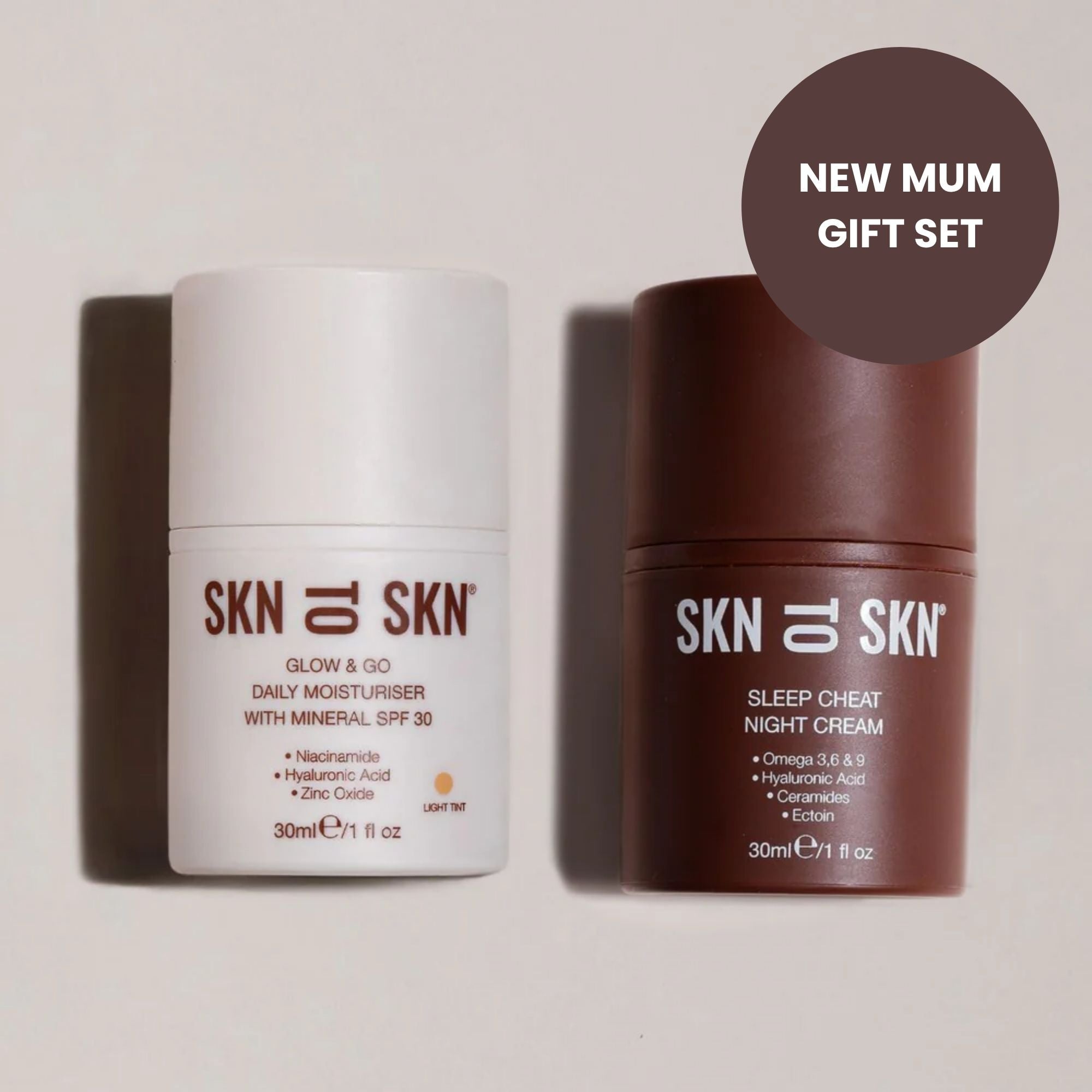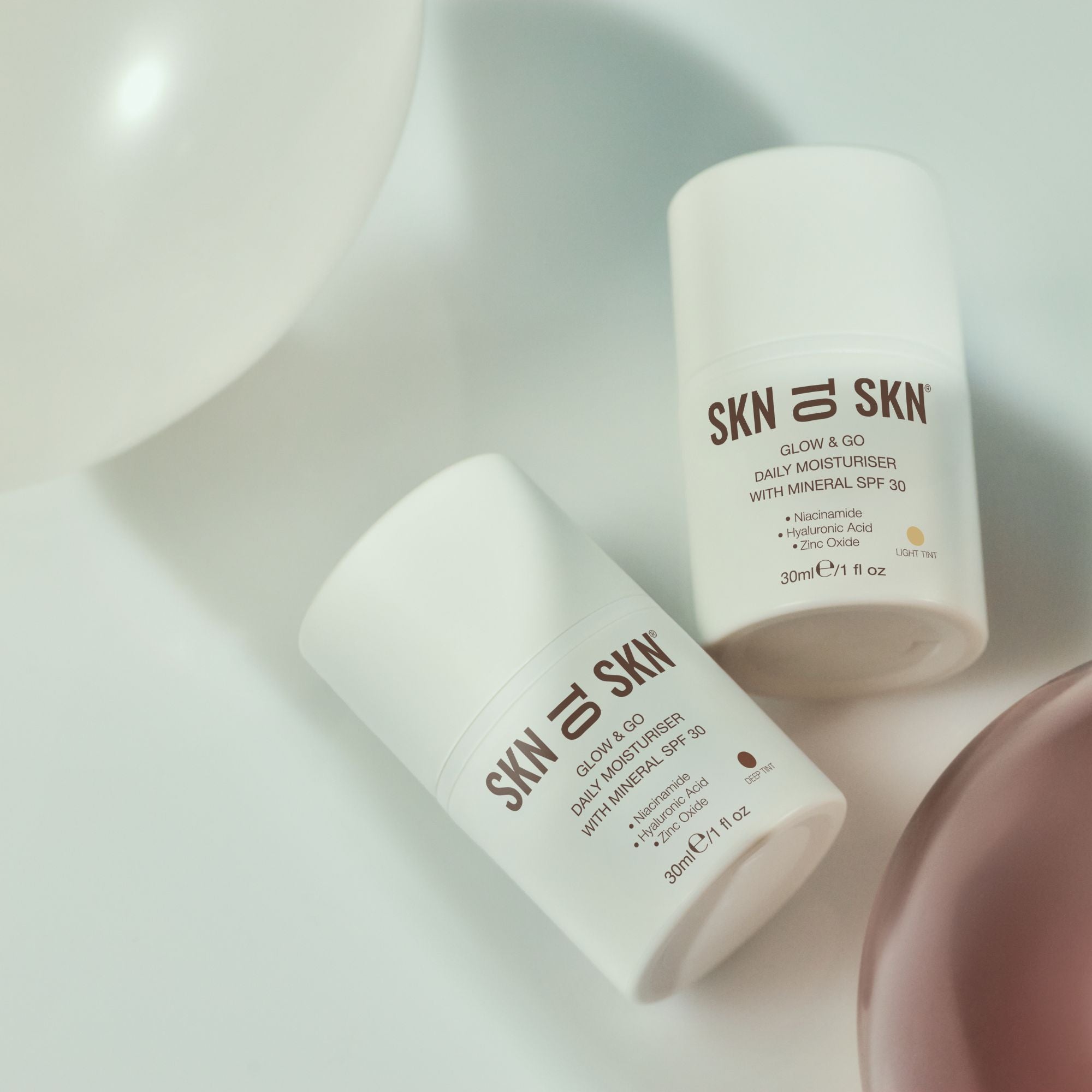The global skincare market continues to expand, with pregnancy-safe products becoming a major focus as more expecting parents seek clarity on ingredient safety. One of the most common questions is whether skincare can be absorbed into the bloodstream and potentially affect a baby.
Join our Consultant Dermatologist Advisor, Professor Caitriona Ryan, in Episode 20 of our Expert Insights Series as she breaks down skin absorption during pregnancy and what you really need to know to feel confident in your routine.
Can Skincare Products Enter My Bloodstream?
The skin is designed as a barrier. The outer layer (stratum corneum) is very effective at blocking most substances from passing through. For most everyday skincare products, only a tiny fraction of ingredients, if any, reach the bloodstream. But certain actives (like retinoids) are treated with caution, especially during pregnancy or breastfeeding, because even small amounts may matter.
Can Skincare Products Be Transferred Into Breastmilk?
Experts note that while some skincare ingredients can enter the bloodstream, the amounts are generally negligible. The skin’s outer layer forms a strong barrier, meaning most products like moisturisers, sunscreens, and even many actives have absorption rates well under 10%, often closer to 1–2%.
Can I Use My Usual Skincare When Breastfeeding?
Because only trace amounts of skincare ingredients enter the bloodstream, breast milk remains unaffected. This means that, in most cases, topical treatments such as retinoids, salicylic acid, and other prescribed medications are considered safe to continue while breastfeeding.
Final Thoughts...
Skincare during pregnancy and breastfeeding doesn’t have to feel overwhelming. While the skin allows only trace amounts of most ingredients into the bloodstream, understanding which actives to be cautious with can give you peace of mind. Always consult your dermatologist if you’re unsure, but rest assured that with the right guidance, you can maintain a healthy, effective routine that supports both you and your baby.
 Written by Professor Caitriona Ryan, Consultant Dermatologist
Written by Professor Caitriona Ryan, Consultant Dermatologist








Leave a comment
This site is protected by hCaptcha and the hCaptcha Privacy Policy and Terms of Service apply.